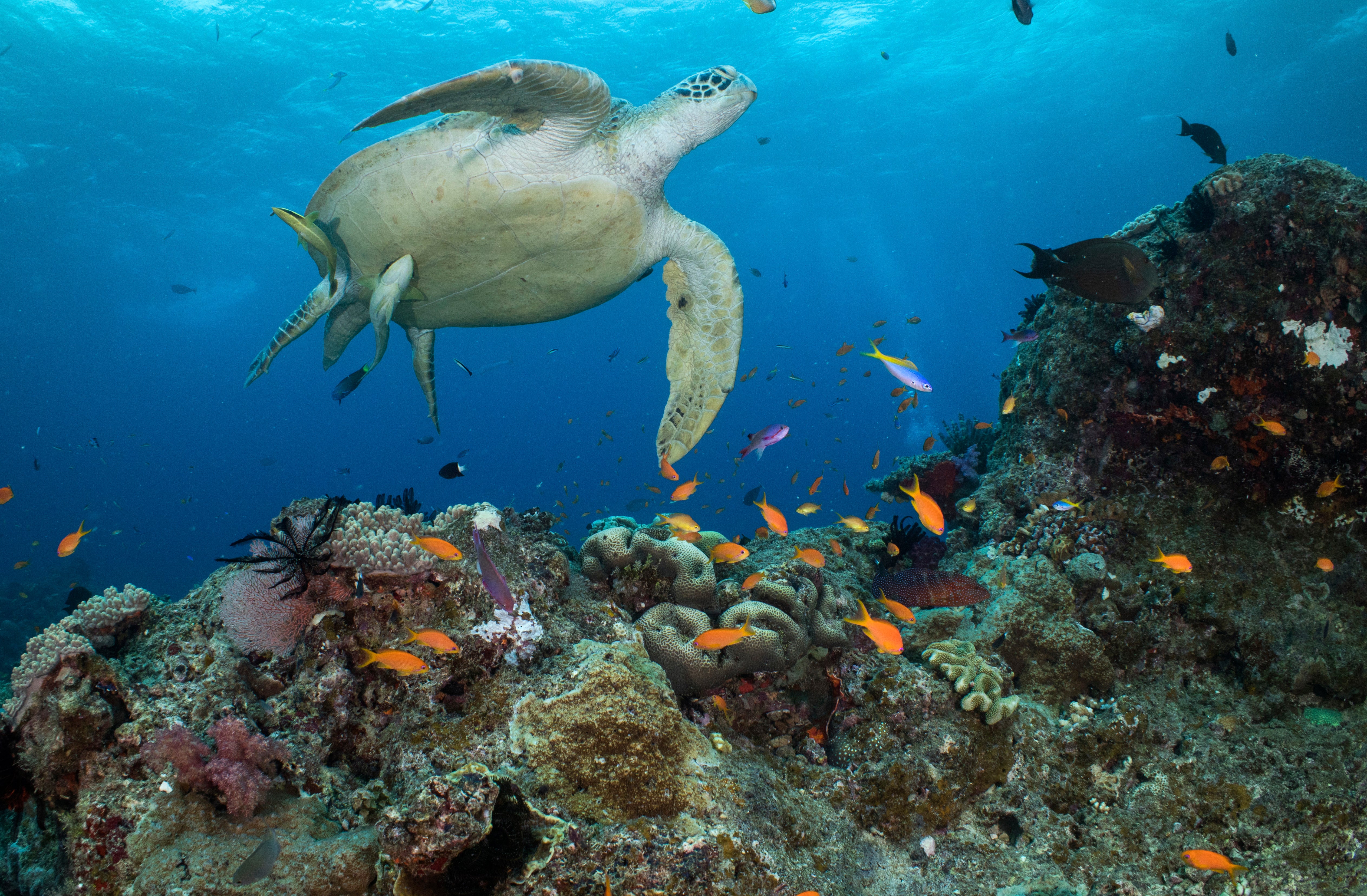Australia to protect Barrier Reef by banning coal mine
Australia’s new government plans to prevent development of a coal mine because of its potential impact on the nearby Great Barrier Reef

Your support helps us to tell the story
From reproductive rights to climate change to Big Tech, The Independent is on the ground when the story is developing. Whether it's investigating the financials of Elon Musk's pro-Trump PAC or producing our latest documentary, 'The A Word', which shines a light on the American women fighting for reproductive rights, we know how important it is to parse out the facts from the messaging.
At such a critical moment in US history, we need reporters on the ground. Your donation allows us to keep sending journalists to speak to both sides of the story.
The Independent is trusted by Americans across the entire political spectrum. And unlike many other quality news outlets, we choose not to lock Americans out of our reporting and analysis with paywalls. We believe quality journalism should be available to everyone, paid for by those who can afford it.
Your support makes all the difference.Australia’s new government announced on Thursday it plans to prevent development of a coal mine due to the potential impact on the nearby Great Barrier Reef.
Environment Minister Tanya Plibersek said she intends to deny approval for the Central Queensland Coal Project to be excavated northwest of the Queensland state town of Rockhampton.
The minority Greens party has been pressing the center-left Labor Party government, which was elected in May, to refuse approvals of coal or gas projects, to help reduce Australia’s greenhouse gas emissions.
“Based on the information available to me at this stage, I believe that the project would be likely to have unacceptable impacts to the Great Barrier Reef Marine Park, and the values of the Great Barrier Reef World Heritage Area and National Heritage Place,” Plibersek said in a statement.
The marine park manages the network of more than 2,500 reefs that cover 348,000 square kilometers (134,000 square miles) of seabed off the northeast Australian coast. The World Heritage Area, designated by the United Nations and Australia's National Heritage List, includes natural, historic and Indigenous places of outstanding significance to the nation.
UNESCO, the U.N. cultural organization, is considering downgrading the Great Barrier Reef’s World Heritage status mainly because rising ocean temperatures are killing coral.
The mine’s proponents have 10 business days to respond to the proposed refusal before the minister makes her final decision.
The Greens welcomed the news and urged the minister to reject another 26 planned coal mines.
“Now we need an across-the-board moratorium on all new coal and gas projects,” Greens leader Adam Bandt said in a statement.
The proposed decision was announced after the House of Representatives passed a bill that would enshrine in law the government’s ambition to reduce Australia’s greenhouse gas emissions by 43% below 2005 levels by the end of the decade. The bill was passed 89 votes to 55.
The previous government’s target had been a reduction of between 26%-28%, set at the Paris climate conference in 2015.
A proposed Greens’ amendment that would have acknowledged no new coal, oil or gas projects could be started if Australia were to achieve its net-zero emissions target by 2050 was defeated on Thursday.
The government is confident that the bill will be passed by the Senate next month with support from all 12 Greens senators, who would prefer a 2030 target of a 75% reduction.
The apparently doomed mine would have been an open-cut operation that extracted up to 10 million metric tons (11 million U.S. tons) of coal a year.